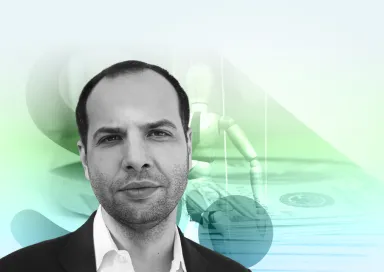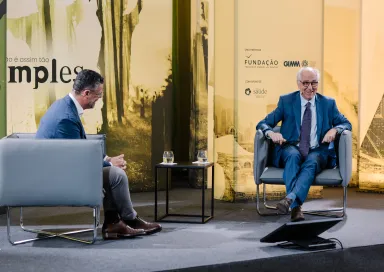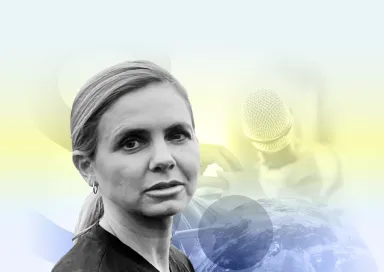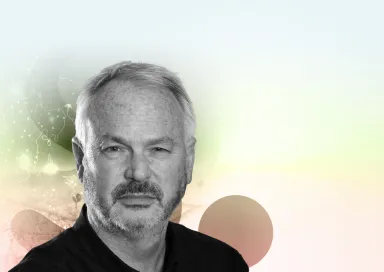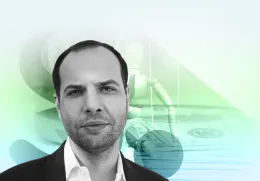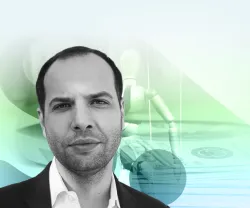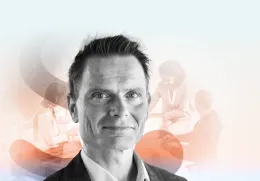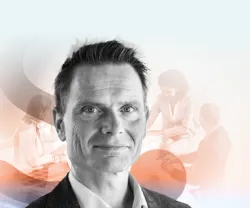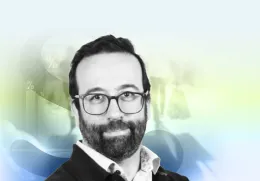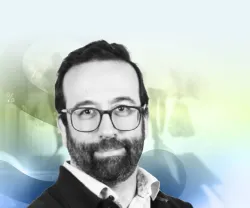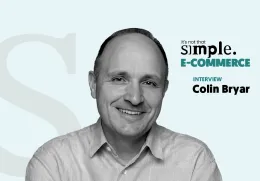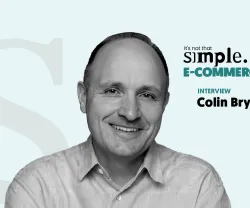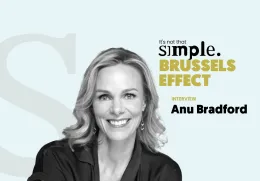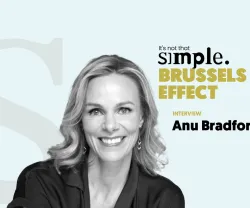«If you look at the amount of spending that's going on right now, on self-optimisation, on self-help and self-improvement, we're at record levels. There’s never been more spending on these books, on these courses, on these coaching sessions… and at the same time, people have never been more miserable, more depressed and anxious».
The warning is given by Thomas Curran, a British psychologist and expert in perfectionism, who is concerned about the rapid growth of this phenomenon and the health problems it triggers.
In this episode of «It's not that simple», the professor from the London School of Economics explains that perfectionism is not defined by «extremely high» personal standards or by «high levels of striving to achieve them», but also by the insecurity that is the fire that goes underneath those high standards.
Behind the extreme demands, there are always doubts as to whether we are sufficient, if we are capable of being up to it, he underlines. «This is huge and a cause for concern because perfectionist insecurities and concerns are very tightly correlated with mental health difficulties».
An award-winning researcher, Curran shares details that show how perfectionist trends have been increasing since the end of the last century. «High levels of striving, something called ‘self-oriented perfectionism’ – perfectionism that comes from within, high self-set goals and standards – are increasing relatively modestly but, nevertheless, from a very high baseline», he reveals.
At the same time, socially prescribed perfectionism – which has to do with the way other people expect me to be perfect - «is on an exponential trend upwards» mainly among the younger generations.
This trend has shot up around 60% since the late 1980s. Nowadays, there is a lot of need for approval and validation from the «other», «now we rely on other people's engagement, likes and mentions for our own self-esteem», he adds.
Nowadays, it’s not a question of just showing off material goods, but also one of showing off all your hard work and professional success. «How hard we can work, how much we can hustle or what we can build – all of this fuels the economy», but, on the other hand, it leads to burnout. «This is a very different type of showing off, but it is no less difficult psychologically, because you’re never going to be the perfect hustler, the perfect grinder».
Maybe it's time to counteract this pressure. «Great thinkers taught us something very important: contemplation. Sitting down and reading, thinking, that is exceptionally non-productive behaviour in the short term, but could be incredibly productive in the long term», he concludes.
«Our dangerous obsession with perfectionism is getting worse», TEDX com Thomas Curran
«The rise of perfectionism - and the harm it's doing us all», Thomas Curran no The Guardian
«Perfecionismo:defeito ou virtude», [IN]Pertinente podcast (FFMS)
«A ditadura da felicidade», [IN]Pertinente podcast (FFMS)
«Burnout, Uma pandemia», livro FFMS
63

Big issues, big names in a new programme dedicated to interviews with international personalities from the world of politics, economics and society. These conversations with special guests, conducted by journalist Pedro Pinto, aim to simplify and help demystify some of today's most important issues. Every month, on the Foundation's website.


